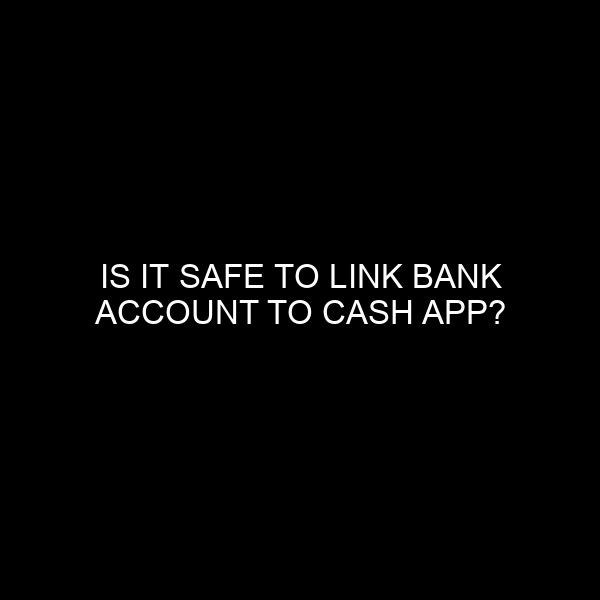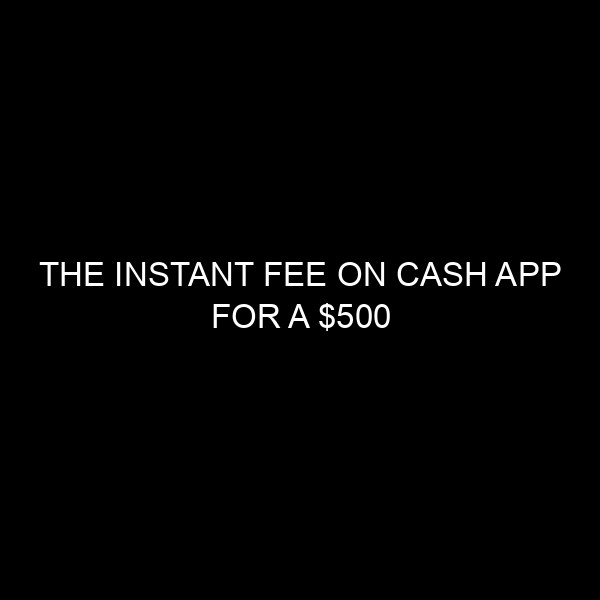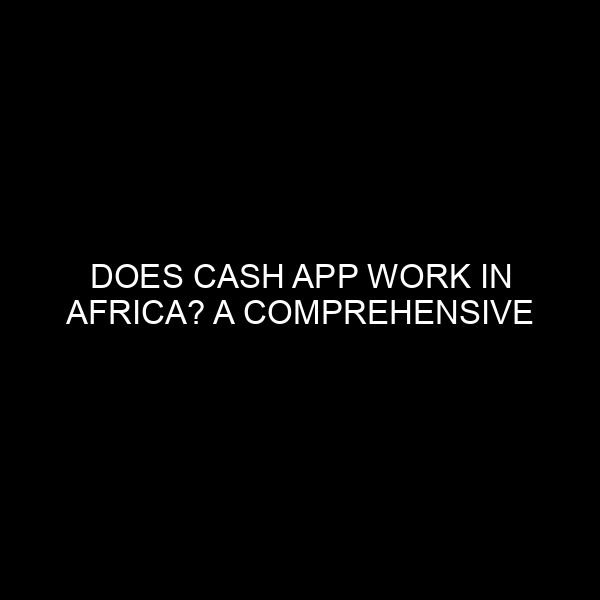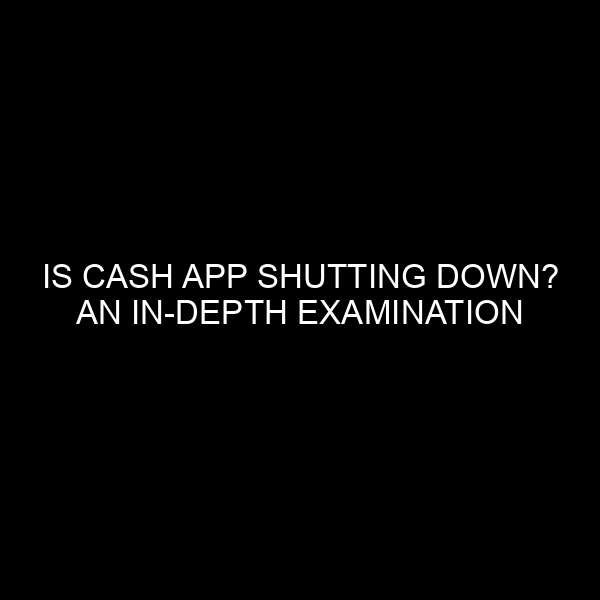Is Cash App a Bank Transfer? Understanding the Dynamics of Modern Digital Payment Platforms
In today’s fast-paced digital age, new financial technologies and platforms emerge rapidly. One of these innovations, Cash App, has made a significant mark in the way we handle money. But there’s an underlying question many users or potential adopters often ask: Is Cash App really equivalent to a bank transfer? Let’s delve into a comprehensive understanding of what Cash App is, how it differs from traditional bank transfers, and its place in the modern banking landscape.
The Genesis of Digital Wallets and Cash App
Digital wallets, also known as e-wallets, are electronic devices or online services that allow an individual to make electronic transactions. The Cash App, developed by Square Inc., is one of the prominent players in this arena. Originally designed for peer-to-peer payment service, Cash App allows users to send and receive money. The platform has evolved since its inception, incorporating features like a physical debit card (the Cash Card), direct deposit capabilities, and even Bitcoin purchasing.
However, even with its multifaceted functions, Cash App is not a bank. It functions as a bridge or a conduit between users and their banks, facilitating swift and efficient transactions.
Cash App vs. Traditional Bank Transfers: Key Differences
1. Regulatory Framework
Banks operate within a strict regulatory framework, overseen by entities like the Federal Reserve and the Office of the Comptroller of the Currency (OCC) in the U.S. They are required to maintain certain reserves, report on their activities, and adhere to a plethora of regulations. Cash App, on the other hand, while still regulated, is not held to the same comprehensive standards as banks.
2. Features and Flexibility
Cash App offers quick transfers, often instant or within minutes, especially between Cash App users. Traditional bank transfers, especially across different banks, can sometimes take days. Additionally, with Cash App, users can split bills, pay in retail through QR codes, and invest in stocks or Bitcoin. While some banks have started offering similar services, they are not as integrated as they are in dedicated platforms like Cash App.
3. Security and FDIC Insurance
Traditional bank deposits in the U.S. are insured by the Federal Deposit Insurance Corporation (FDIC) up to $250,000 per depositor, per bank. This insurance provides a safety net for consumers. Funds held in your Cash App are not FDIC insured. However, Square Inc. has implemented various security measures, including encryption and fraud detection, to protect users’ data and money.
4. Interest and Loans
Banks typically offer interest on deposits, albeit at varying rates. They also provide a wide range of loans, credit facilities, and investment services. Cash App doesn’t offer interest on the money held in the app, and while it has ventured into some financial products, it doesn’t have the full suite of services banks offer.
Cash App’s Place in the Modern Banking Landscape
The emergence of platforms like Cash App underscores a broader trend in banking: the shift towards digitization and the need for convenience. While Cash App isn’t a bank in the traditional sense, it complements banking services, offering a quick and user-friendly interface for transactions that might be cumbersome through regular banking channels.
Moreover, Cash App and platforms like it challenge traditional banks to innovate and improve their services. With the younger generation being more inclined to use digital services, the expectation is for banks to either integrate with such platforms or develop their own competing technologies.
Conclusion: So, Is Cash App a Bank Transfer?
In essence, Cash App is not a bank transfer in the traditional sense. It’s a digital payment platform that facilitates transfers between users and banks. While it might seem like a semantic distinction, understanding this difference is crucial. As the line between traditional banking and digital financial services continues to blur, it’s imperative for users to be informed about where their money is, how it’s protected, and the benefits and limitations of the platforms they use.
The banking industry has seen many evolutions over the centuries, from the gold-backed currencies of old to the electronic transactions of today. Platforms like Cash App represent the next stage in this evolution, driving both convenience and change in the financial world. However, as with all financial decisions, users should approach with understanding and due diligence.






